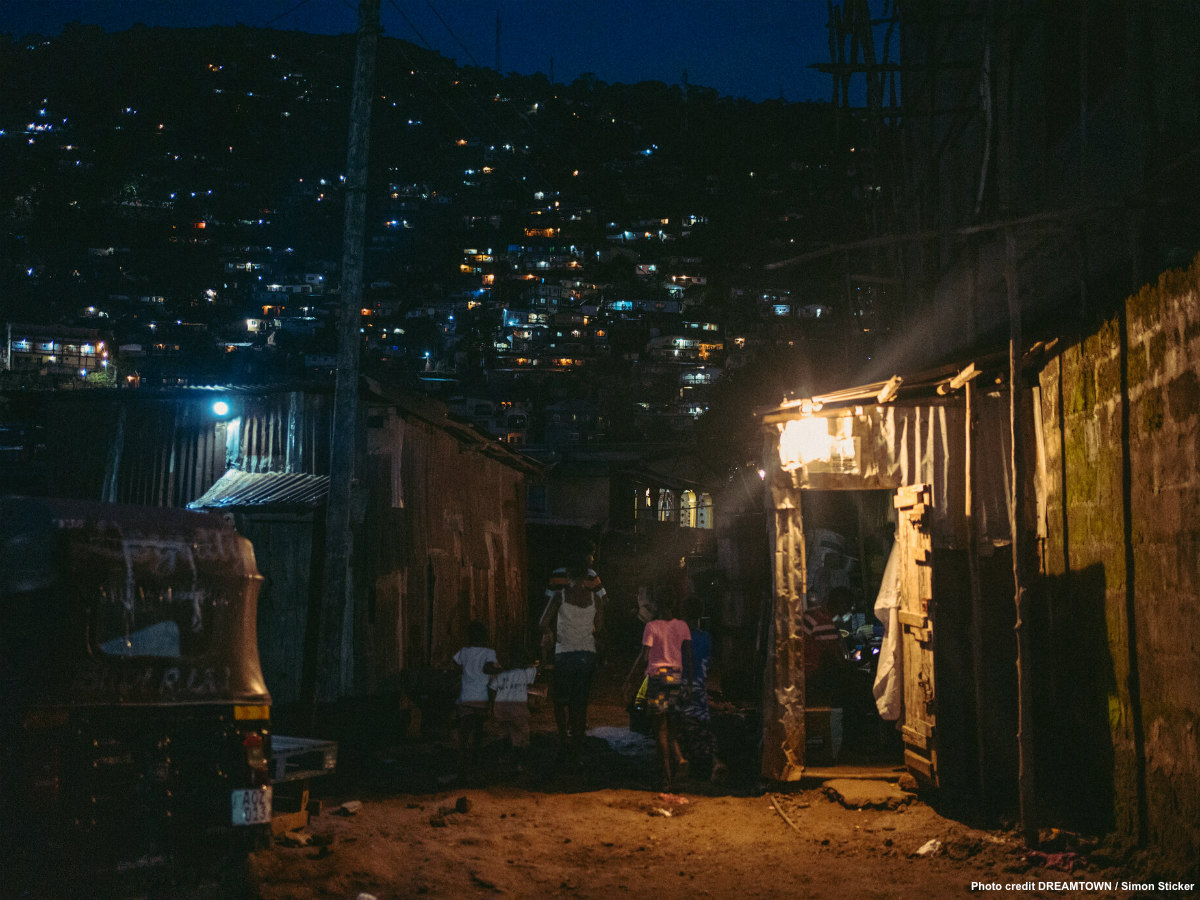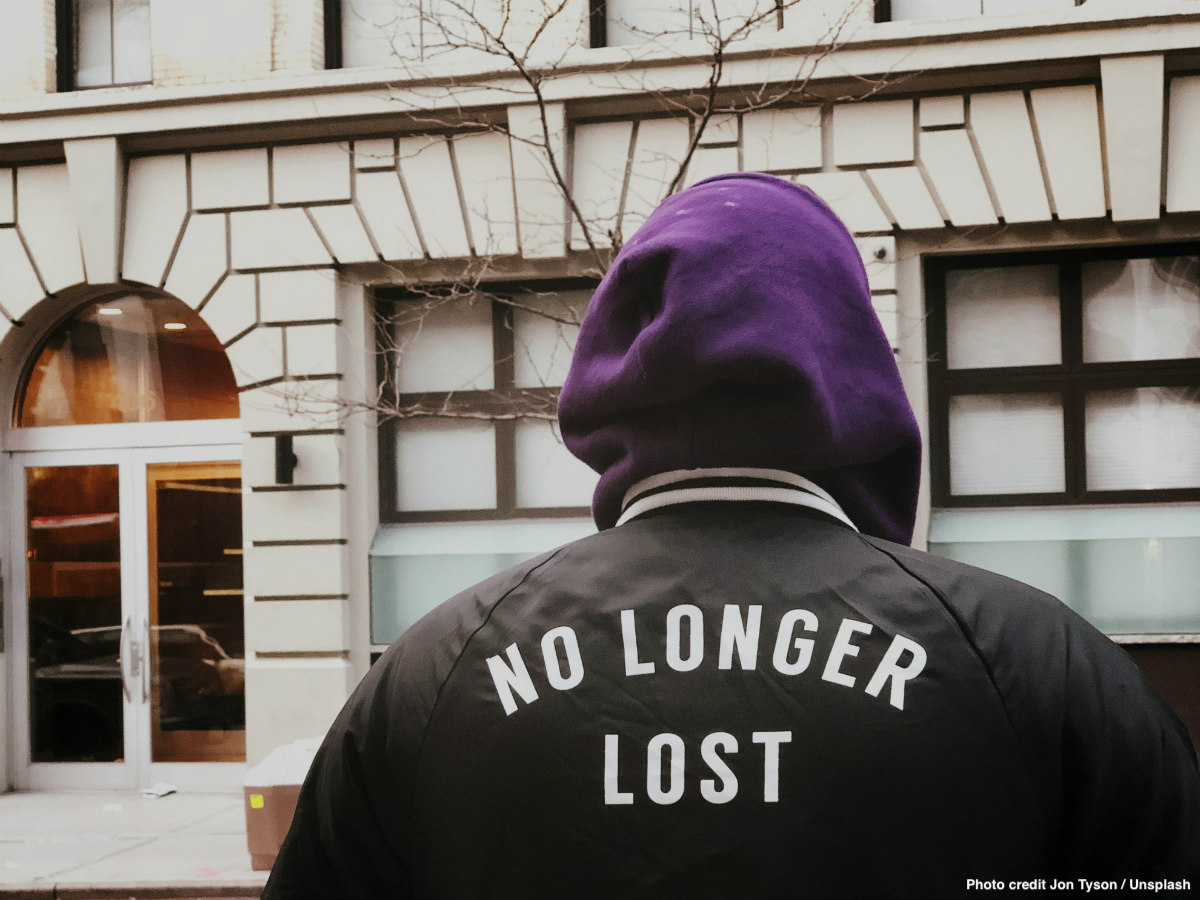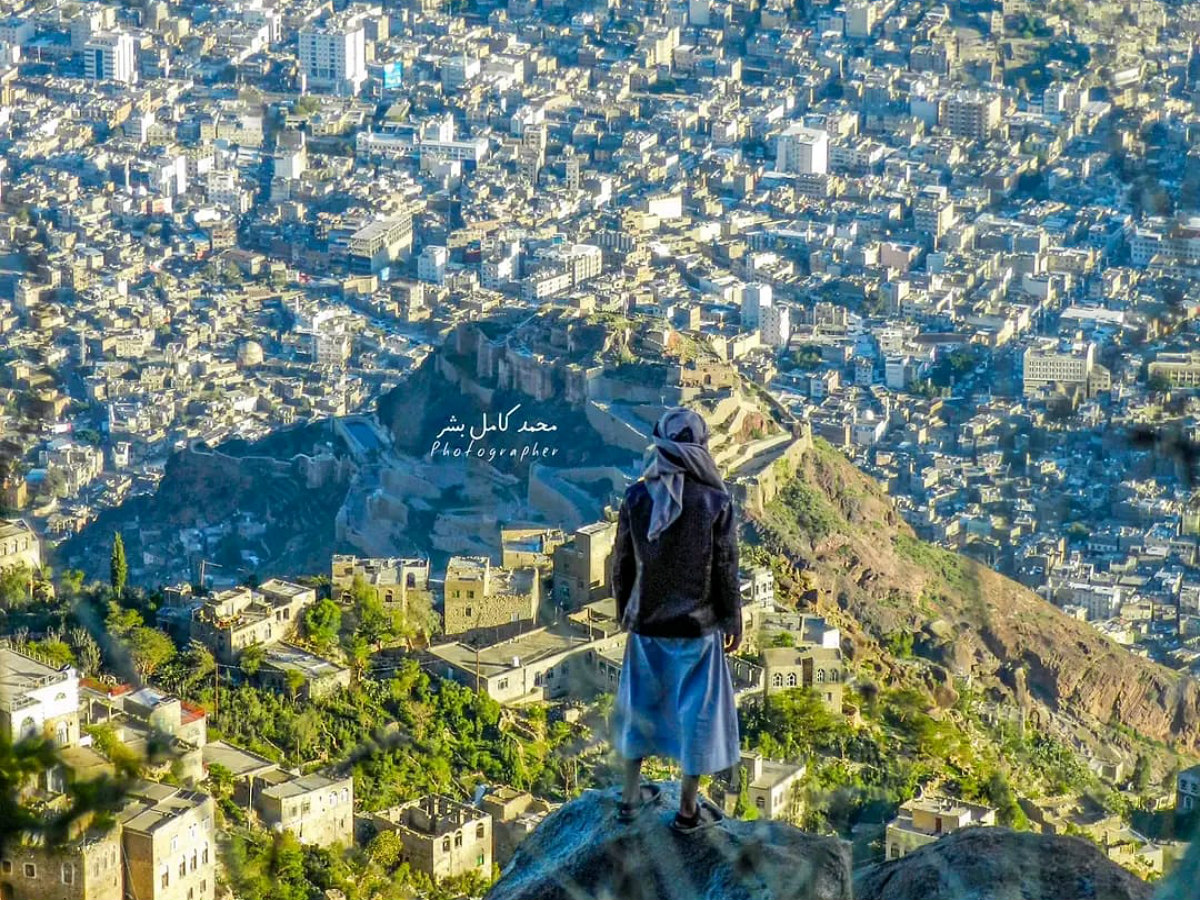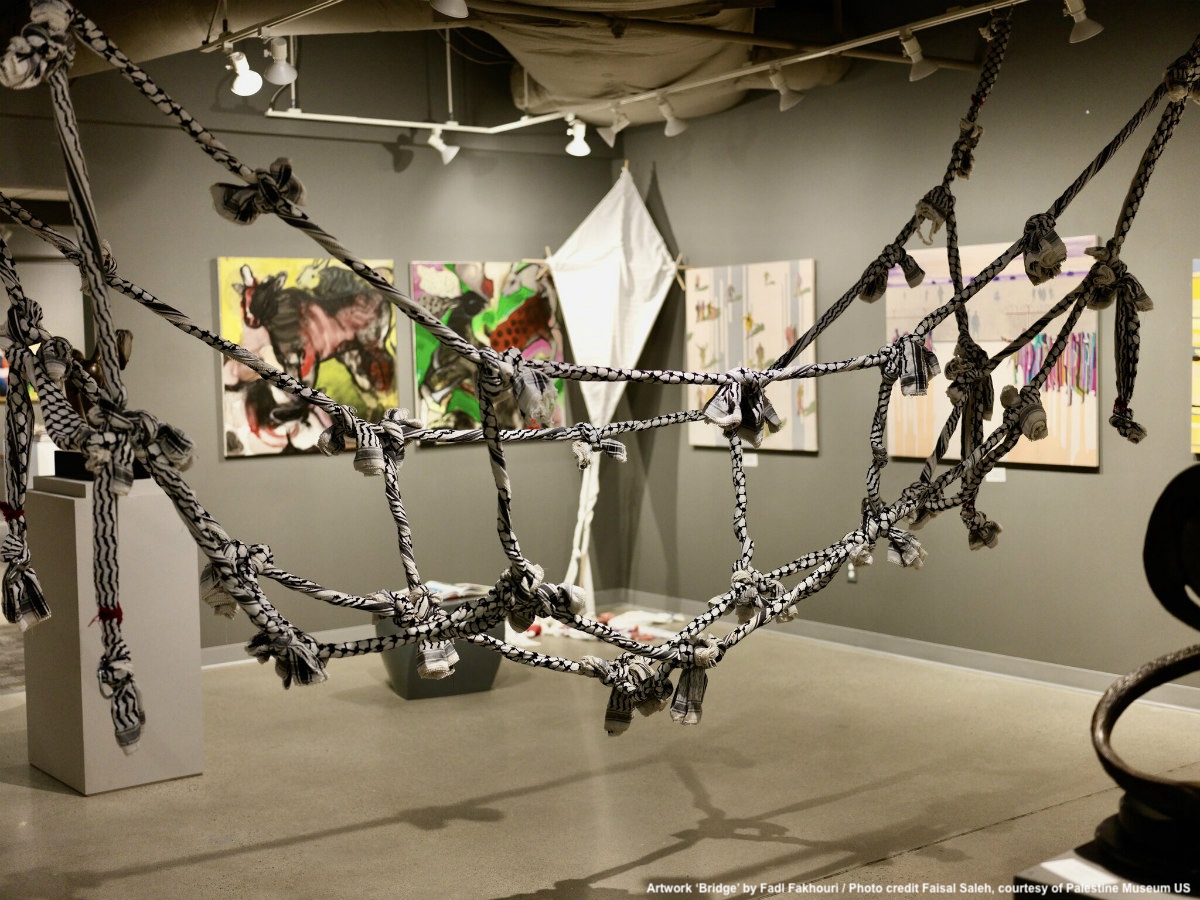Women in Freetown, Sierra Leone, do not often make it into the headlines, and when it does it is usually because of the high rates of abuse and rape. A new law this year has called for 30% of parliamentary seats and local councils to be held by women in the West African country. Women, and women’s rights, are still at odds with the new law in Sierra Leone but one thing is sure, they finally made it to the positive news.
Also Ada Mansaray’s story triumphantly upends the African narrative. She was sitting with her sister in their parlor one evening when she asked what a good name would be for a Whatsapp group she intended to create with women of her neighborhood. “Valiant Sisters,” the sister replied immediately. This choice of words was just right for how these women want to confront their rights in Sierra Leone.
“I am not educated,” Mansaray tells me on the phone, “but I can accomplish my mission.” She supports her sister to go to college, and in exchange, her sister teaches her English and helps with her three kids. Mansaray lost her husband to Ebola, and both parents to cancer. A hard line of life showed her the untapped potential of women helping each other.
“Some women are married but their husbands don’t have the capacity to provide for them, and men often bully us; I thought, I need to do something for my fellow women in this community because we are the ones who secure for our children,” bemoans Mansaray. Improving the rampant insecurity against women is a pressing issue. Sierra Leone has one of the highest incidences of rape and sexual assault on the continent. In 2019 President Bio even had to declare a state of emergency due to the high incidences of rape.
While the African first ladies, led by Sierra Leone Fatima Maada Bio, launched the Hands off our girls! campaign to ban early child marriage and tackle sexual violence against women in 2019, the wider issue of security was worse than ever in Mansaray’s neighbourhood Kissy, on the eastern end of the vibrant capital.
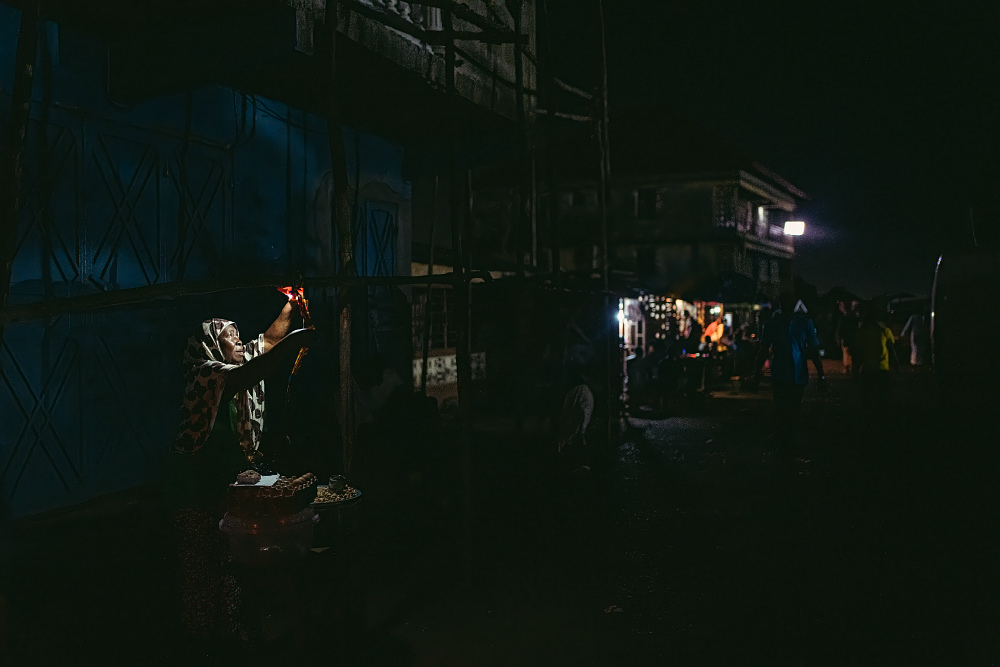
“In African culture we have to respect our husband, but I want our women to help ourselves and come together to stand for ourselves,” says Mansaray. Fatmata Conteh was among the women in Kissy to join the Valiant Sisters. She explains she has joined the group for her own safety: “They [young men] are waiting for women and as soon as you are spotted, they will attack you,” she says. “When there were no lights, I would not go outside at night.” ”They will steal my money, or worse.”
In the meetings with Valiant Sisters Mansaray realized how the simple absence of street lights had curtailed women’s rights and freedom in Sierra Leone to step out of their houses after sunset. Feeling insecure in the dark was a big barrier for women to be fully active in their neighborhood.
I feel threatened all over but I am a strong woman. I am standing for women’s rights and the freedom of my people in Sierra Leone.
Away from the buzzing center of Freetown, the hilly streets of Kissy have many dark spots. Only lights at some people’s porches are on but obviously not enough. When the sun goes down, dark streets can turn deadly for women. And this is true for twelve hours a day, everyday of the year. Freetown is very close to the equator and the difference in daylight hours between June and December is almost non-existent.
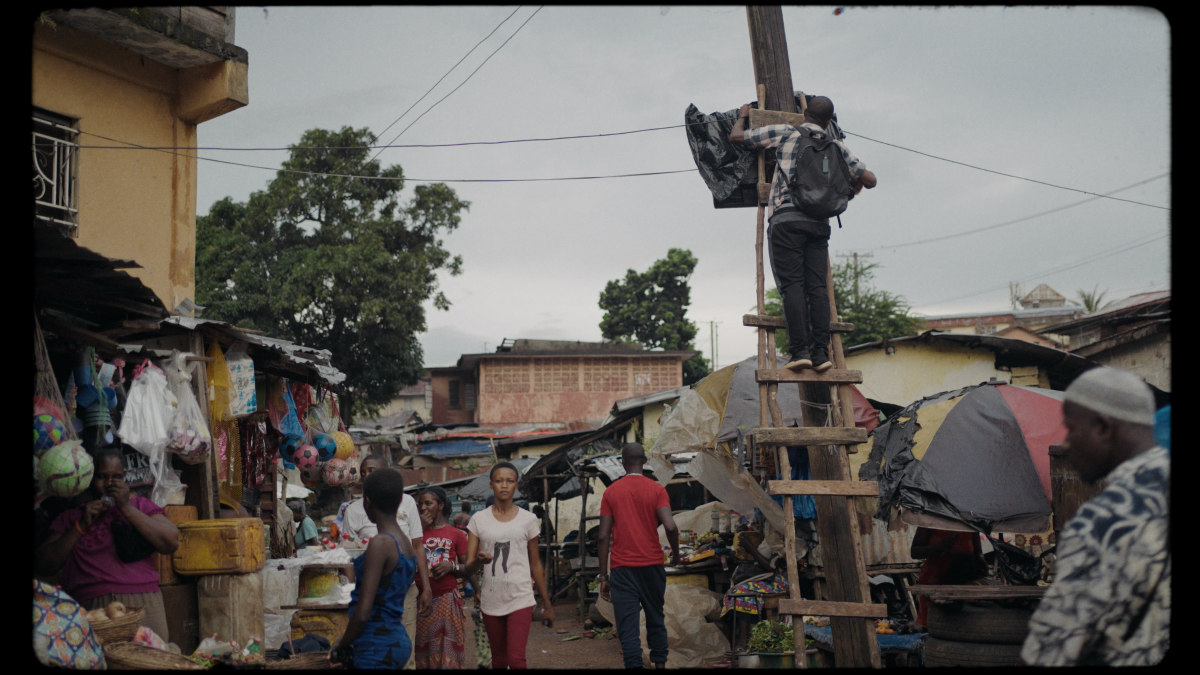
For many women in Freetown the day starts around 7 am when the sun comes out and it is safe to be on the streets and go to work or to the market. By the end of the day, women head back home with the money they made selling at the market or working outside Kissy like Mansaray, who runs a business in another neighborhood.
But notably, when the sun begins to come down at around 6:30 pm, there is only half an hour left to make it home. In Freetown the sunset lasts only an average of 24 minutes, unlike nearly an hour in northern USA or Europe.
Thanks to women, streets have become peacemakers as well
Valiant Sisters didn’t want their freedom to be limited to daylight and mobilized their group to discuss the project Safety Lights. “I went from home to home to raise funds for Sheku’s idea to come to life,” explains Masaray. Sheku Sumah is a local electrician who graduated in electrical and electronics in 2018 and had come up with a low-tech solution to illuminate the streets using the plasma screens of old TVs. He removes the first color layers of the TVs leaving the extremely powerful LED backlight of the screens, capable of lighting up whole streets. “Bad guys break lamps to steal bulbs but this one is very difficult to break,” he explains. During the rainy season, Sumah wraps them in plastic to protect them from heavy rainfall.
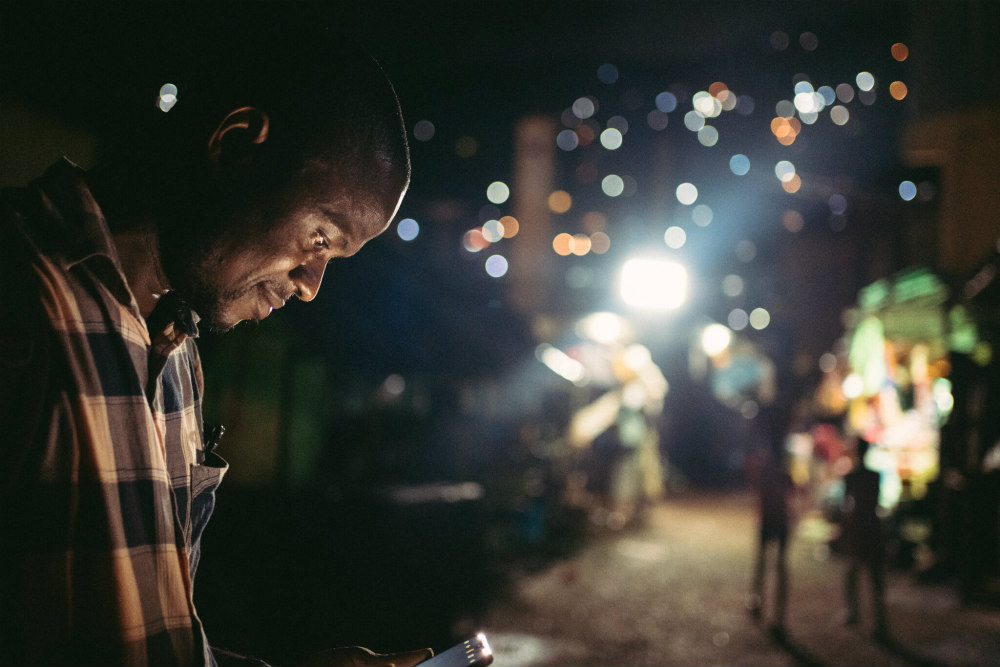
“Across the dark spots in the neighborhood, lights had been installed from the entry point of Kissy, at the market, to the exit point. In those particular areas, thieves don’t like lights,” explains Mansaray. “Our biggest challenge now is to keep the lights running despite the growing inconsistency in power distribution in Freetown. We want to buy generators to guarantee light, solar would be too expensive”.
After installing the lights, young women feel safe walking home alone; they can bring money to their homes; the market vendors are able to sell their goods even after the sun has set; and children gather under the lights to have fun, read books, and do their homework. A more peaceful life for everyone has returned to the streets of Kissy.
In addition to illuminated streets, Valiant Sisters have teamed up with Safety Volunteers, a group of young men in Kissy who started to patrol, in particular on those dark corners of the neighborhood outside the police’s reach. Every night, multiple teams spread throughout the community, ensuring no one from outside with bad intentions comes in, and everyone who might come home late in the evening has a safe passage to their homes. Patrols will also protect the generators of the Safety Lights.
This is a successful “Police and Civilians partnership”, says Mansaray, “volunteers receive safety training from the police which allows them “to patrol around and tuck down bad boys around the area and they have to be reported and brought to the police.”
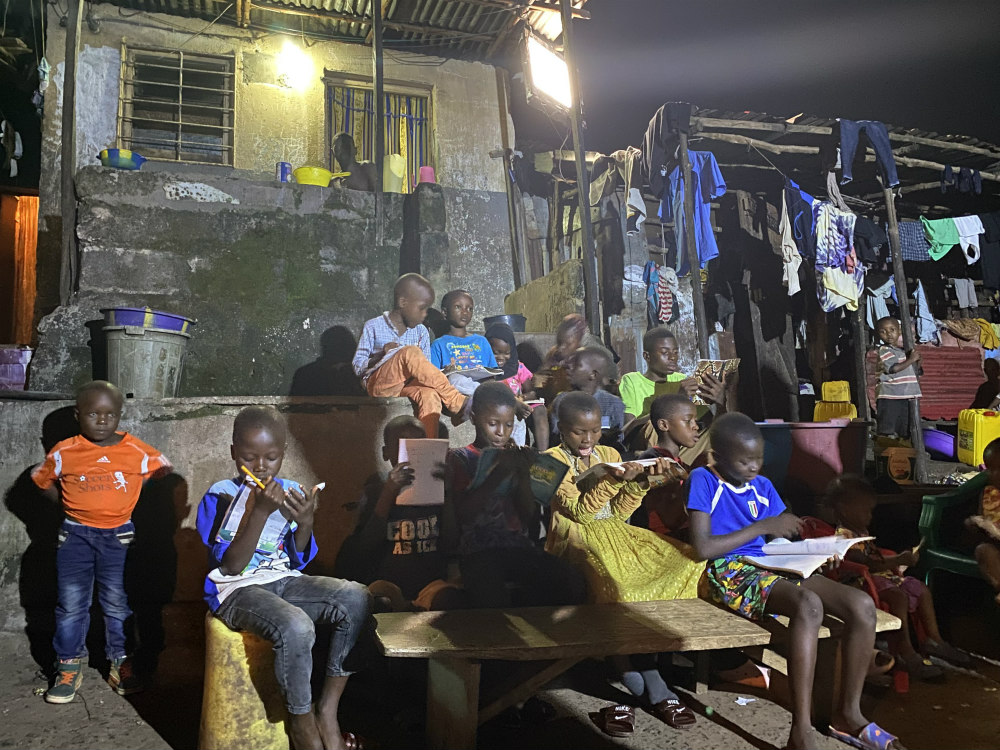
But Mansaray’s popularity has also earned her enemies. “I feel threatened all over but I am a strong woman. I am standing for women’s rights and the freedom of my people in Sierra Leone,” she says. As the country gears up for polls in June, this month female politicians in Sierra Leone claimed that they have experienced ‘suffocating intimidation’ as a result of sexism and abuse but, like the women of Kissy, they have also refused to be silenced despite the threats.
“The men in our country look down on us, they don’t want us to take part in any position in politics arguing that politics are not for women. Actually, I want men to step aside, and let us have a greater responsibility in our country,” says Mansaray. “I want our group of women to be independent and not depend on any man. With the project Safety Lights we have delivered results.”
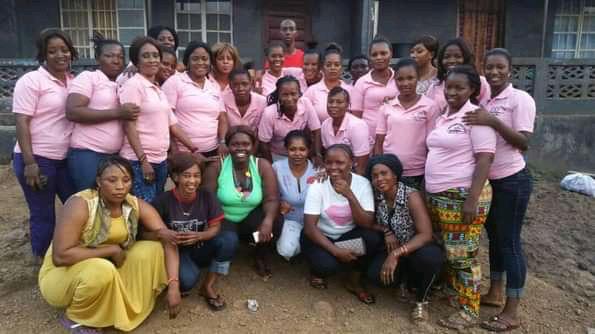
Mansaray’s is not only an eclectic story, but also a bold attempt to show us what other countries, richer countries, can learn about the women’s collective power to improve women’s rights, not only in Sierra Leone. Valiant Sisters capture the emotions of women across Kissy and demonstrate what they can do with their anger, how they can begin to expand their freedom when obstacles arise around them.
Masaray tells me that she wants to start studying, and wishes she could engage with politics and speak for women. Judging by her excitement and determination, and the peaceful female uprising in Sierra Leone, I am sure there is more to come.
This article is part of a series in collaboration with the non-profit organization DREAMTOWN to shift the narrative of what Africa is and can be. Dreamtown supports the drive and initiative of local grassroots organizations, such as the Valiant Sisters, to transform neighborhoods into safe communities all across Sierra Leone in the cities of Freetown, Makeni and Kono.
